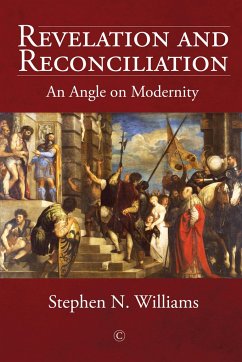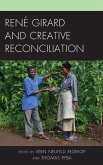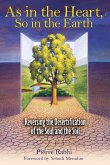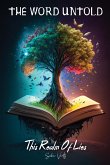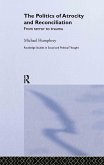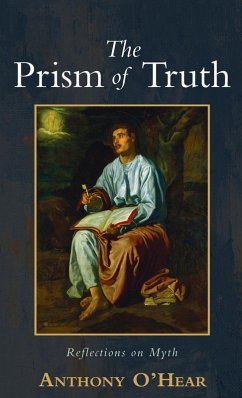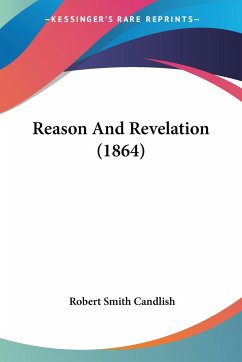This substantially revised second edition of Revelation and Reconciliation, first published by Cambridge University Press in 1995, gives a fresh account of the intellectual breakdown of Christianity in the West. In contrast to the familiar focus on epistemological questions and the collision between reason and revelation, Stephen Williams argues that underlying this collision is a deeper conflict between belief in human moral self-sufficiency and Christian belief in reconciliation in history. Taking issue with thinkers including the philosopher of science, Michael Polanyi, and the theologian, Colin Gunton, the argument proceeds by examining the contributions of Descartes, Locke, Barth and Nietzsche before coming to conclusions on the theological reading of intellectual history and the prospects of revitalising a contemporary Christian belief in reconciliation in history. Students of both theology and the history of modern thought will find in Williams¿ analysis an alternative interpretation of the balance of forces in post-Reformation Western thought with implications for how they should be addressed.
Hinweis: Dieser Artikel kann nur an eine deutsche Lieferadresse ausgeliefert werden.
Hinweis: Dieser Artikel kann nur an eine deutsche Lieferadresse ausgeliefert werden.

